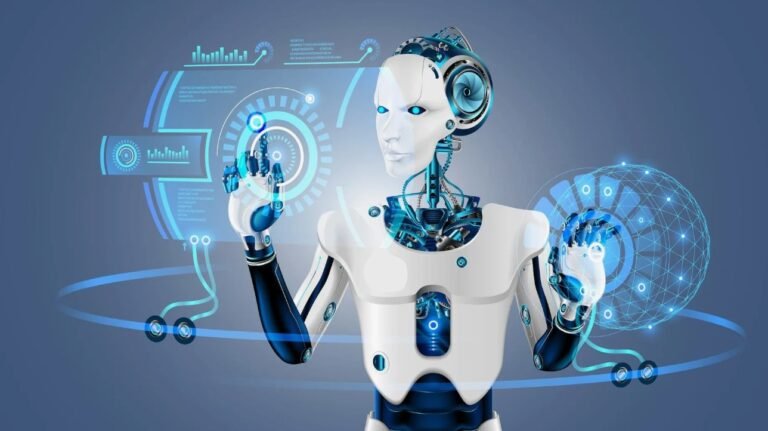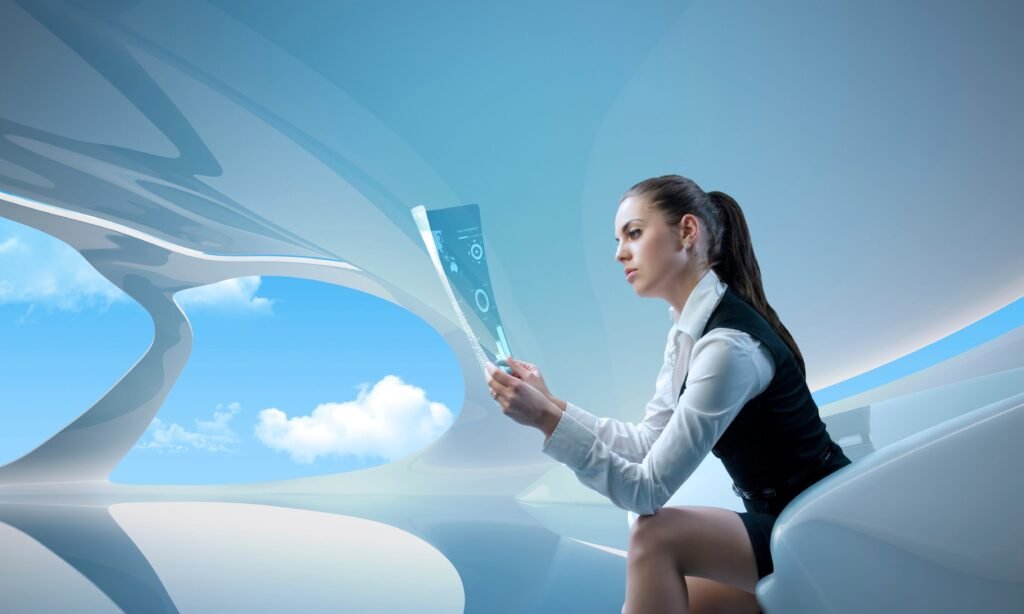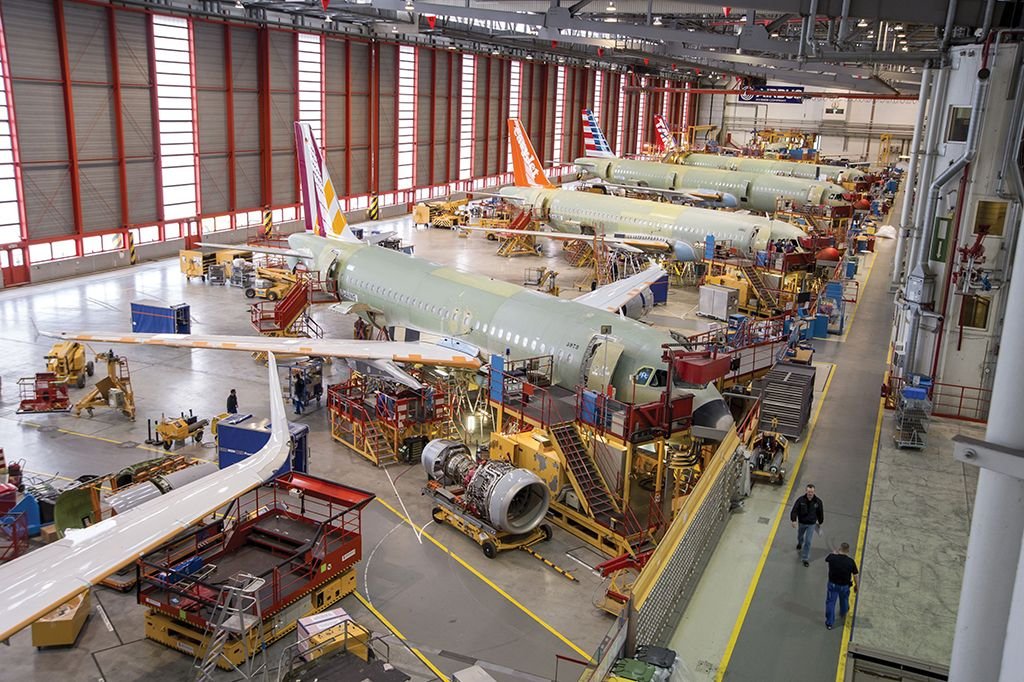In the age of rapid technological advancement, artificial intelligence (AI) has become a focal point of innovation across various industries. However, amidst the excitement, it’s crucial to discern between genuine progress and exaggerated claims. One such claim is the assertion that “Devin” is the world’s first AI software engineer, as proposed in a recent Medium article by Kristiyan Velkov. In this critique, we’ll dissect this proclamation, highlighting the limitations and challenges overlooked in the narrative.
1. The Misleading Terminology
The term “AI software engineer” implies a level of autonomy and sophistication in software development that current AI technologies simply do not possess. While AI systems can aid in software development processes, they do not embody the comprehensive skill set and problem-solving capabilities inherent in human software engineers. Mislabeling AI systems as “software engineers” blurs the line between their capabilities and the expertise of human professionals.
2. Understanding AI’s Role in Software Development
AI plays a significant role in various stages of software development, from automating repetitive tasks to optimizing algorithms. However, its contribution is supplementary rather than independent. AI algorithms require extensive human oversight and guidance throughout the development lifecycle. They lack the intuition, creativity, and contextual understanding that human engineers bring to the table.
3. The Myth of Autonomy
Claims of “Devin” functioning as an autonomous software engineer raise skepticism. AI systems lack consciousness and independent decision-making capabilities. They operate based on predefined algorithms and data inputs, incapable of true understanding or original thought. Any semblance of autonomy observed in AI systems is a result of human programming and training, limiting their adaptability to predefined tasks and scenarios.
4. Ethical and Societal Implications
Promoting the idea of AI as autonomous software engineers raises ethical concerns regarding accountability and bias. If AI systems are perceived as autonomous agents, who bears responsibility for errors or biases in their outputs? Additionally, the propagation of such narratives may perpetuate the misconception that AI will replace human professionals, potentially leading to job displacement and economic instability.
5. Realistic Expectations for AI
While AI holds immense potential to revolutionize software development, it’s essential to maintain realistic expectations and acknowledge its current limitations. AI systems excel in tasks characterized by pattern recognition and data analysis but falter when faced with complex decision-making and nuanced problem-solving. Collaborative efforts between humans and AI, leveraging each other’s strengths, will drive innovation and progress in software engineering.
Conclusion
The assertion that “Devin” is the world’s first AI software engineer oversimplifies the complexity of both AI technology and software engineering. While AI continues to advance, it remains a tool rather than a replacement for human expertise. Recognizing the symbiotic relationship between humans and AI is essential for navigating the evolving landscape of technology responsibly and ethically. As we continue to explore the frontiers of AI in software development, let’s temper enthusiasm with critical analysis and a commitment to realistic expectations.



